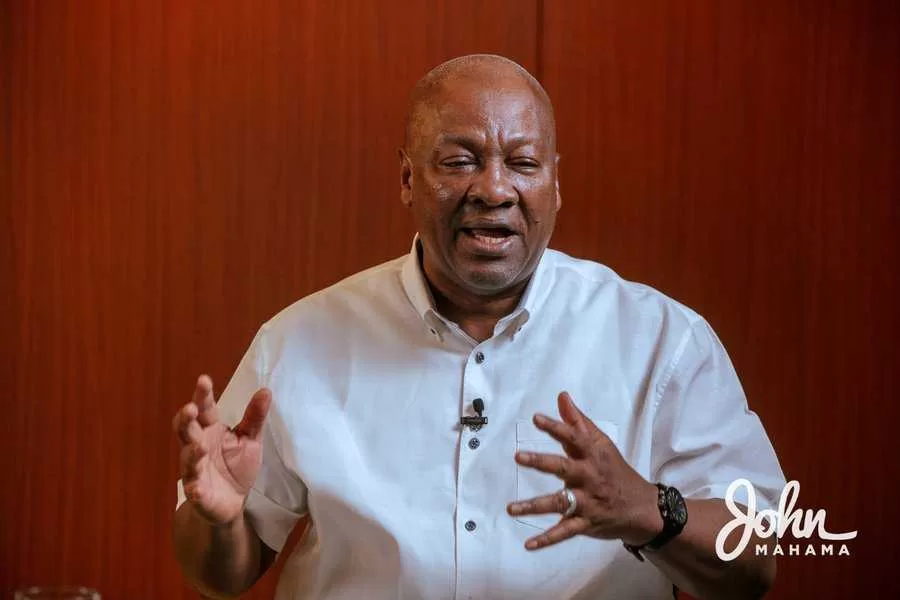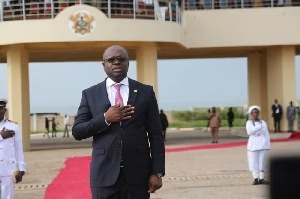Joyce Bawah Mogtari, Special Aide to former President John Dramani Mahama, has denied claims that Mahama received GHS32million emolument. She described the claim made by Ernest Owusu Bempah, a Deputy Director of Communications of the New Patriotic Party (NPP), as false.
Bempah had alleged that Mahama received GHS18million in expenses on his residential property and emolument since 2017, and an additional GHS14million ex gratia. However, Bawah Mogtari dismissed these claims as “unintelligent lies” and “ridiculously false”.
According to Bawah Mogtari, Mahama has only received his constitutionally deserving monthly pension, payable to all former presidents, including President John Agyekum Kufour. She emphasized that Mahama operates from a private office, paying monthly rent, and has not received any emolument from the State.
Bawah Mogtari accused the Akufo-Addo government of performing abysmally and being the most corrupt in the history of Ghana, plunging citizens into unprecedented hardship and poverty. She described Vice President Bawumia as a puppet being foisted on the nation to avoid accountability and continue state capture.
Mahama has promised to fight corruption when sworn into office, including scrapping payment of ex-gratia and removing benefits available to executive members and state-owned organisation officials. This, according to Bawah Mogtari, is the kind of leadership Mahama believes in – one committed to fighting corruption and serving the people.
The denial comes after Bempah’s statement claimed that Mahama had received a total of GHS18.5 million from the state as salary and emoluments combined since 2017. Bempah also alleged that Mahama receives a monthly non-taxable salary of GHS35,000 and accommodation allowance totalling GHS629,487.00 since 2017.
Bawah Mogtari’s response has sparked a heated debate about corruption and emoluments paid to former presidents. Some have praised Mahama’s commitment to fighting corruption, while others have criticized the alleged emoluments paid to him.
The development has also raised questions about the Presidential Emoluments Committee’s recommendations on the conditions of service of Article 71 officeholders. Some have called for greater transparency in the payment of emoluments to former presidents and government officials.
The denial by Bawah Mogtari has added another layer to the ongoing debate about corruption and emoluments in Ghana. As the political landscape continues to evolve, it remains to be seen how this development will impact the country’s fight against corruption.
The outcome of this development has significant implications for the country’s leadership and the fight against corruption. It highlights the need for transparency and accountability in the payment of emoluments to former presidents and government officials.

